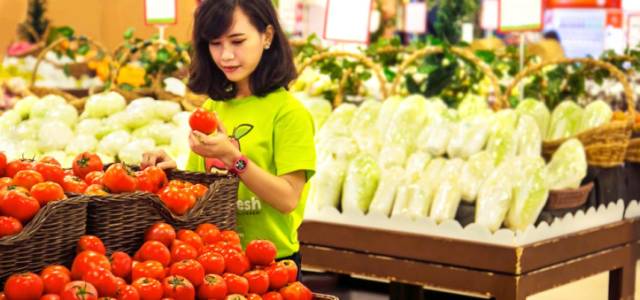As the weather changes, fresh summer produce is returning to Beijing’s fruit and vegetable markets. But on a busy week night, steaming up a bag of frozen veggies is more convenient than dealing with fresh produce. However, are we giving up on nutrition for convenience?
Here is a short breakdown of the nutritional value of fresh, frozen and canned fruits and veggies.
Fresh Produce
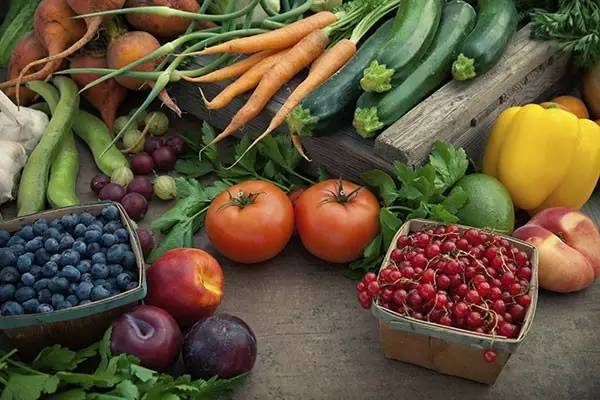
It is no secret that fresh, uncooked, produce contains the highest nutritional value. However, nutrients start to disappear with time. Many vegetables have travelled far distances to land in the produce section of the grocery store.
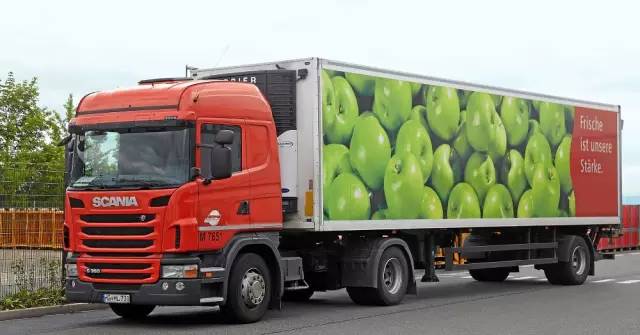
During transportation, they are not only exposed to light and extreme temperatures, which release their important nutrients, sometimes they are also artificially ripened. These vegetables will never have the same nutritive value compared to the ones that have been allowed to fully ripen naturally.
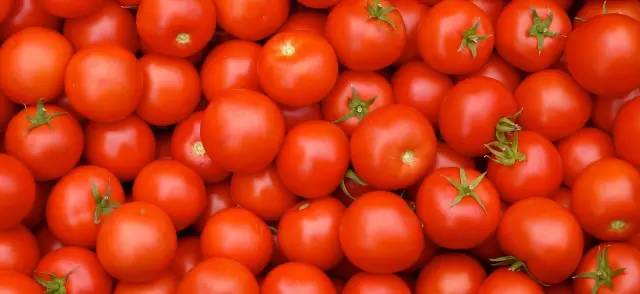
Once the produce reaches the supermarket, it may be weeks old, but by using fine mists and waxy coatings, the supermarkets often convince shoppers to pay higher for food they believe is ‘farm fresh’. Studies have shown that produce can lose up to 45% of its essential nutrients during the journey from farm to table.
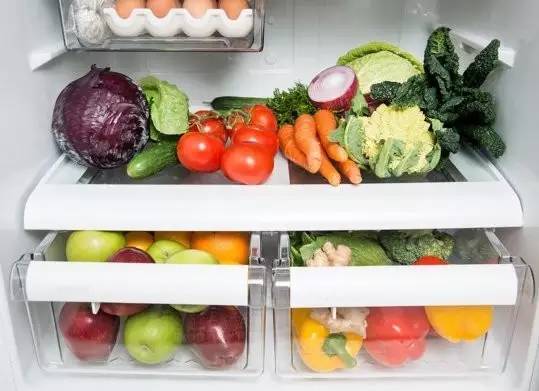
The way we prepare vegetables at home can also affect the nutrients in these foods. We are further compromising on nutritional value by letting veggies sit in our fridge for days before we decide to cook them. Over washing and heating can also cause water-soluble nutrients like Vitamin C to evaporate.
CANNED
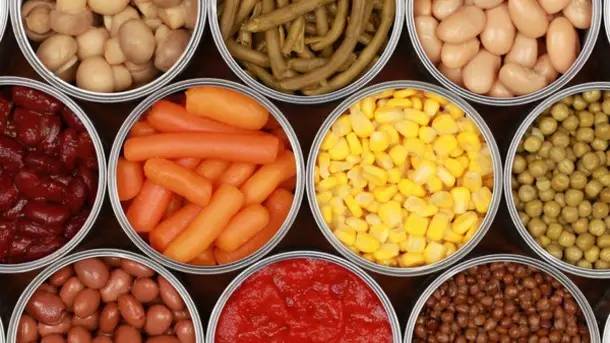 Canned produce is cooked or sometimes semi-cooked as part of the canning process, as a result, they are more likely to be free from contamination but may also may lose some nutritional value. However, the majority of nutrients can be retained and locked in for a long period of time.
Canned produce is cooked or sometimes semi-cooked as part of the canning process, as a result, they are more likely to be free from contamination but may also may lose some nutritional value. However, the majority of nutrients can be retained and locked in for a long period of time.
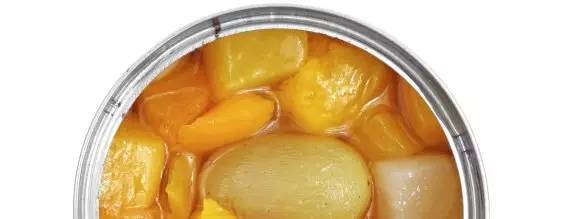
- Watch for Sodium: Sodium is usually added to canned foods to preserve them. Look for low-sodium, reduced-sodium or no-salt-added labeled foods.
- Watch for added sugar: Look for fruit that’s canned in water, its own juice, or light syrup (drain and rinse).
Frozen Produce
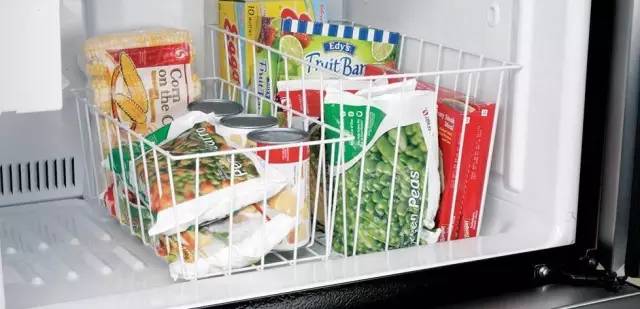
Frozen foods get a bad rap for being processed, but nutritionally speaking, frozen veggies are similar to, and sometimes better than fresh ones. According to research, frozen fruits and veggies packed higher levels of antioxidants, including polyphenols, anthocyanins, lutein and beta-carotene. In one report, the Vitamin C content in fresh broccoli decreased by more than 50% within a week, but only decreased by 10% over an entire year when frozen.
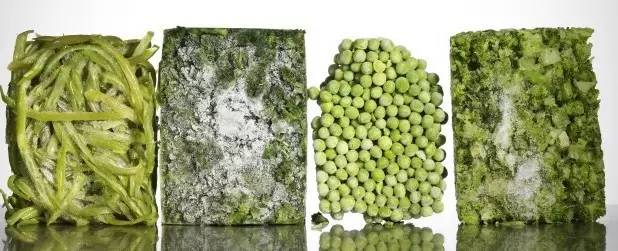
Freezing also preserves food, hence, unlike canned food, no unwanted additives are required in bags of frozen foods such as strawberries or spinach. It’s easy to find fruits and veggies with single word ingredient lists – simply the fruit or veggie itself. To be sure, always check the ingredients for ‘taste enhancers’ like seasonings, added sugar, salt etc.
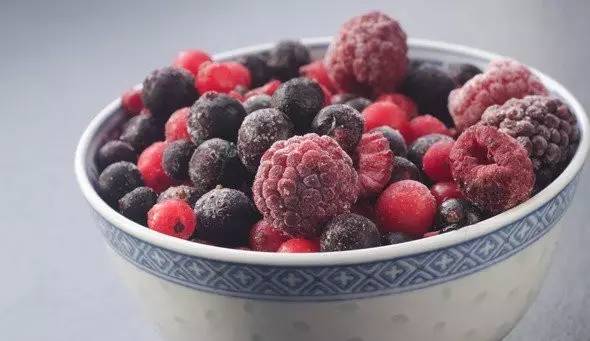
The Takeaways:

- If possible, buy local produce from farmers markets where the fruits and veggies are more likely to be fresh and un-treated
- Studies show that frozen produce can be nutritionally comparable to fresh produce
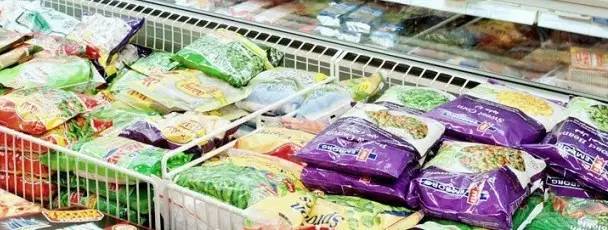
- If buying ‘off-season’ fruits and vegetables, or if you are not planning to use them right away, go for the frozen option
- Use fresh veggies at the beginning of the week (as soon as they are bought) and frozen veggies towards the the end of the week
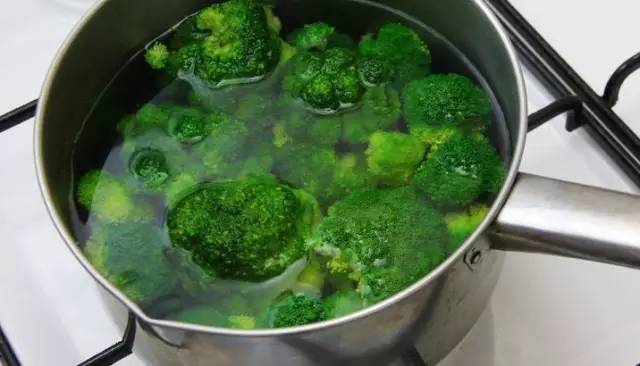
- Avoid over-washing. In terms of nutrition, steaming or cooking with less water is better than stir frying or boiling
- Always check the ingredient list of frozen and canned vegetables for added sugar, salt etc.
If you’re hankering for more juicy health related facts, feast your eyes on this:

This post is the first in a monthly series written and sponsored by Sanfine International Hospital, which offers state-of-the-art care and world-class service in the heart of Sanlitun.
Photos: Sanfine International Hospital

